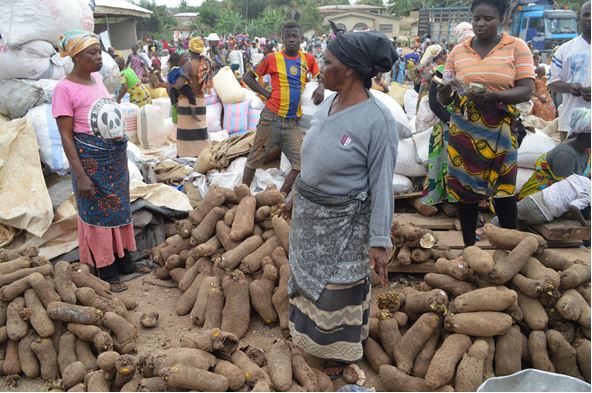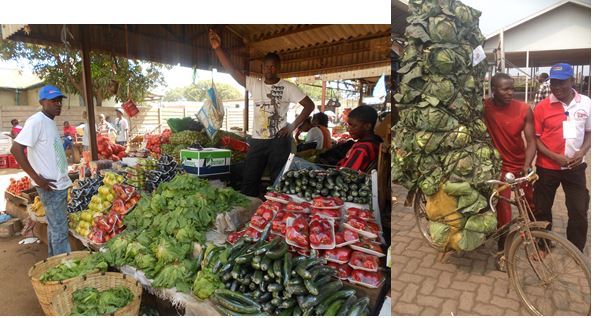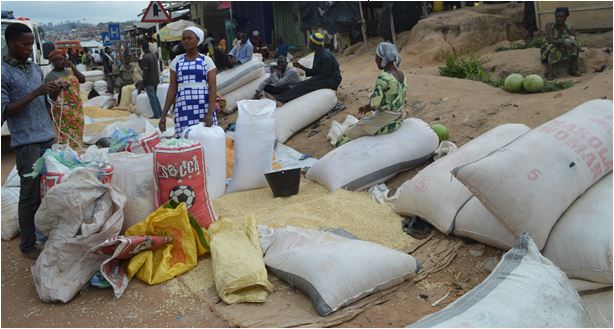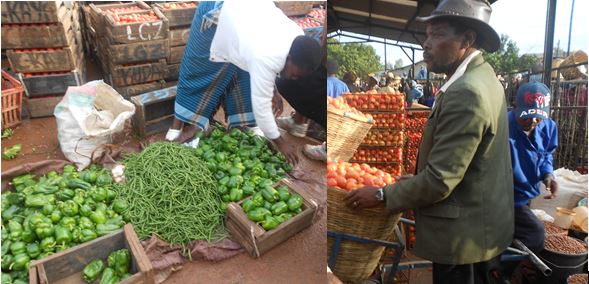Many African farmers can perform like Gold Medalists
If agriculture was an Olympics competition, many African farmers would certainly be gold medalists. Zephaniah Phiri, the late world class water harvester of Zvishavane in Zimbabwe would have collected dozens of gold medals. There are many such farmers from Cape to Cairo and Senegal to Somalia. While modernization is trying to present standards of excellence Read more about Many African farmers can perform like Gold Medalists[…]









